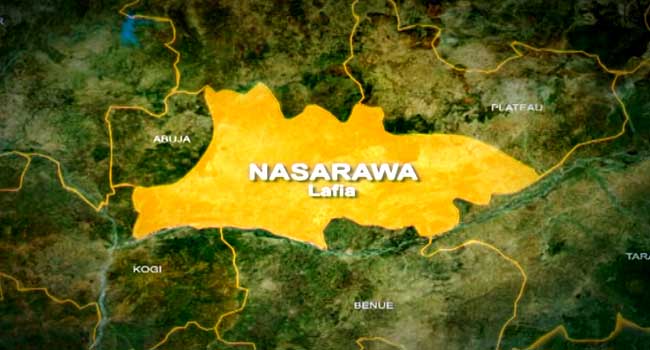The Federal Government’s proposed tax reform bills have garnered significant support from a diverse group of stakeholders in Nasarawa State. Representing various sectors across the state’s 13 local government areas, the stakeholders included representatives from federal and state ministries, departments, and agencies (MDAs), youth and women’s organizations, community and religious leaders, traditional rulers, and student associations. Their endorsement came during a North-Central community engagement event titled “Citizens’ Assembly, Understanding The Tax Reform Bill,” held in Lafia, the state capital. This assembly, organized by Abiodun Essiet, the Senior Special Assistant to President Bola Tinubu on Community Engagement for the North-Central region, sought to gather grassroots input on the proposed legislation. The stakeholders’ collective support underscores the potential positive impact of the tax reforms on the state and the nation.
The Emir of Lafia and Chairman of the Nasarawa State Traditional Council, Justice Sidi Bage (retd.), voiced his support through his representative, the Madaki Lafia, Ishaka Dauda. He emphasized the importance of the forum in educating the public about the bill’s details and pledged the traditional council’s backing for the reforms. A key condition for their support, however, was the assurance of corruption-free implementation. The Emir asserted that the success of the tax reforms hinges on transparent and accountable governance, which would translate into tangible improvements in welfare and infrastructure development across the country. This sentiment reflects the broader public concern about ensuring that tax revenues are utilized effectively and for the intended purposes.
The State Director of the National Orientation Agency (NOA), Augustine Akwe, provided further details on the objectives of the proposed tax reforms. He highlighted the bill’s focus on simplifying existing tax laws, improving compliance rates, and increasing revenue generation to fund sustainable development initiatives. Akwe emphasized the crucial link between increased tax revenue and the government’s ability to invest in critical sectors, ultimately benefiting the entire nation. He appealed to the public to support the Federal Government’s efforts to ensure the bill’s successful passage and implementation, emphasizing its potential to drive national development and improve the lives of citizens.
Abiodun Essiet, the driving force behind the community engagement initiative, explained that the primary aim of the assembly was to gather feedback directly from the grassroots level. This bottom-up approach to policy development underscores the government’s commitment to inclusive governance and ensuring that the voices of all citizens are heard and considered. Essiet expressed her gratitude to the stakeholders for their active participation, recognizing the value of their insights in shaping the final version of the tax reform bill. She emphasized the importance of incorporating public opinion into the legislative process to create a more responsive and effective tax system.
Essiet characterized the proposed bill as “pro-masses” and highlighted its design to stimulate small businesses, promote entrepreneurship, and create much-needed job opportunities, particularly for the youth. This resonates with the widespread desire for economic empowerment and improved livelihoods, especially amongst younger generations. By fostering a conducive environment for businesses to thrive, the tax reforms aim to generate economic growth and address unemployment challenges. This pro-growth approach seeks to create a virtuous cycle where increased economic activity leads to higher tax revenues, which in turn can be reinvested in further development initiatives.
Beyond the immediate consultation process, Essiet assured the participants that the government’s commitment to engaging with the public would continue even after the bill’s passage and enactment into law. This ongoing dialogue signifies a commitment to transparency and accountability, ensuring that the implementation of the tax reforms remains aligned with the needs and aspirations of the people. By establishing a continuous feedback loop, the government aims to address any challenges that may arise during the implementation phase and make necessary adjustments to optimize the effectiveness of the reforms in achieving their intended objectives. This commitment to sustained engagement reinforces the government’s dedication to responsive and participatory governance.


